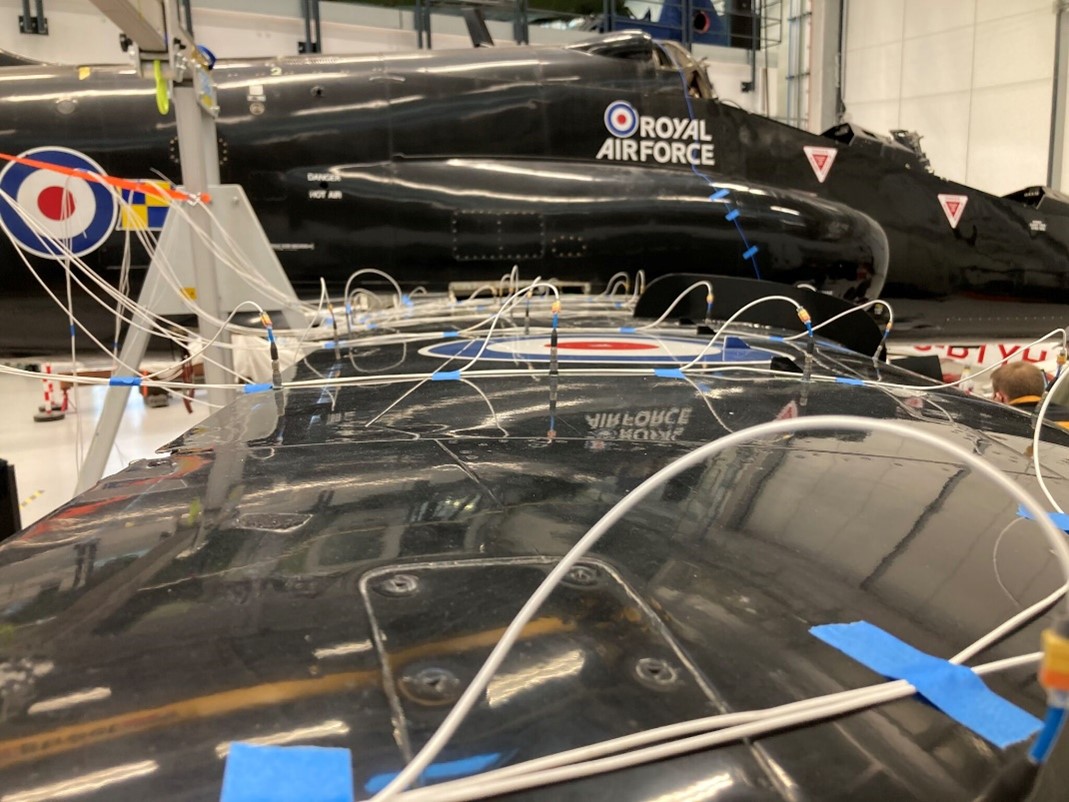DTHIVE: New research grant to support research into digital twins for high-value engineering applications

A team led by Prof. David Wagg at The University of Sheffield's Dynamics Research Group have been awarded £890k of grant funding by The Alan Turing Institute to support research into digital twins for high-value engineering applications.
Digital twins are live digital couplings between virtual duplicates of real-world systems and the physical twin. They are radically reshaping most aspects of modern technology from healthcare to manufacturing and are perceived as crucial to providing solutions to urgent societal issues such as climate change.
This project will focus on applications relating to aerospace, manufacturing and energy use in buildings. The project will run from October 2021 until March 2022, and is intended to deliver working prototypes in the three application areas defined above. The primary scientific objective is to investigate the time-evolving behaviour of digital twins.
“This project will bring together research experts from across disciplinary boundaries to drive forward the understanding, development, and integration of digital twin science and technology” said project lead Professor David Wagg. “The work being carried out at the Advanced Manufacturing Research Centre and the Faculty of Engineering will provide a regional research hub for digital twins in the North of England, that has important links with key UK industries such as aerospace, automotive, infrastructure and renewable energy”.
At a societal level, digital twins will be a key part of solutions for; green energy (e.g. asset management of offshore wind farms); healthcare (e.g. via personalised medicine); smart cities (e.g. by managing energy consumption) and; more efficient manufacturing (e.g by reducing costs and increasing time efficiency) to name just a few important application areas.
At the University of Sheffield we are seeing first hand the urgent need to respond to research challenges that have an important societal impact. We believe that digital twin technology will have a significant impact on these societal challenges for the UK and wider world.
To discover more and to see photos of this research being conducted at the Laboratory for Verfication & Validation please visit the Alan Turing Institute website



